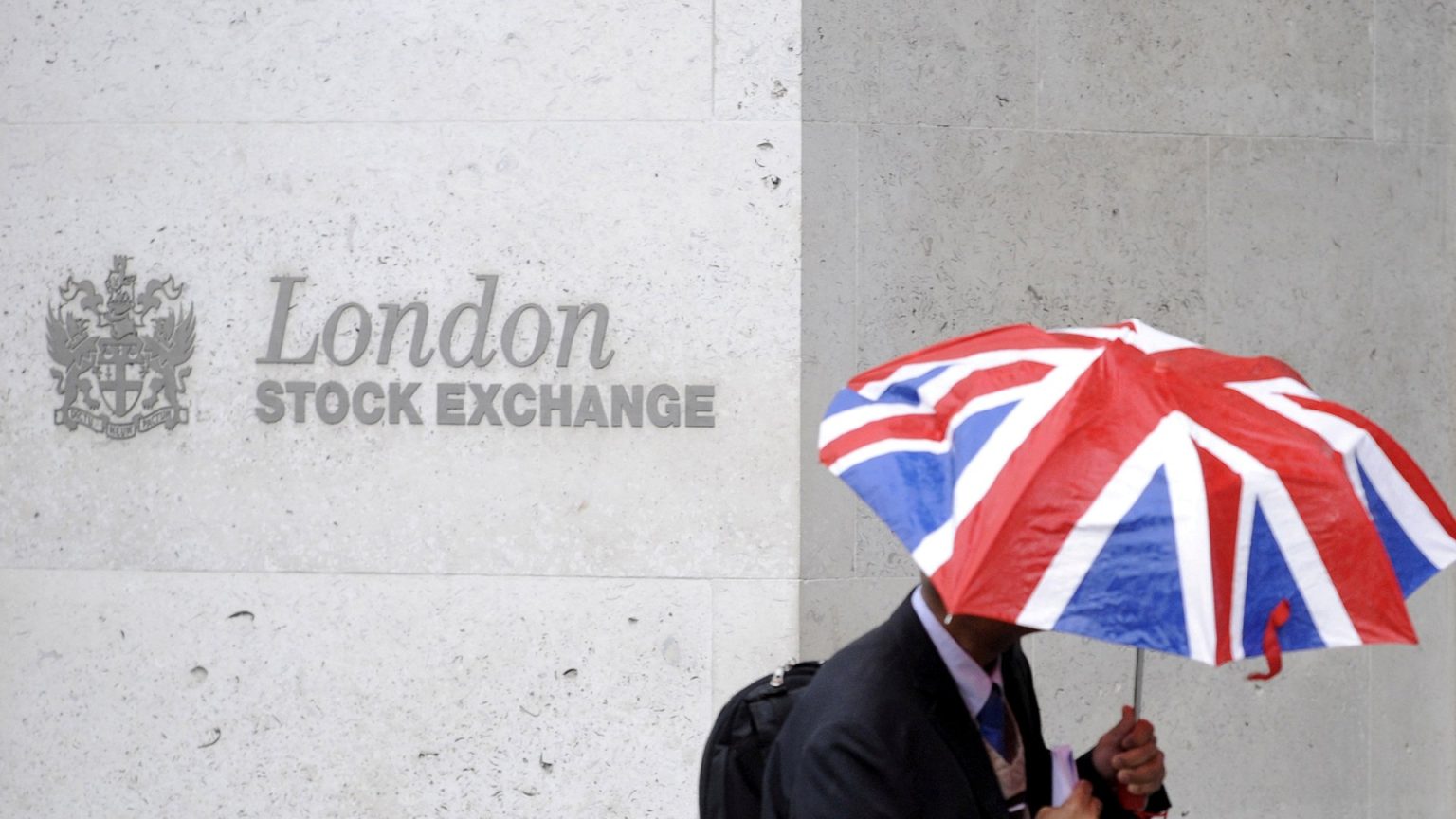2024: A Year of Resilience for the FTSE 100
The FTSE 100 index experienced a year of steady growth in 2024, closing at 8,173.02, a 5.8% increase from the previous year. This marked the index’s best performance since 2021, when it surged by 14.3% in the post-pandemic recovery. While not a runaway success, the FTSE 100 demonstrated resilience amidst economic uncertainties, including interest rate cuts, tax hikes, and global market fluctuations. This positive performance mirrored a broader global trend, with significant gains observed in indices such as Japan’s Nikkei (19%), Germany’s Dax (19%), and the US Dow Jones (13%). This buoyant global market fueled investments in pension funds worldwide, contributing to the FTSE’s upward trajectory. The year’s performance stands in contrast to the more modest gains of 0.9% in 2022 and 3.8% in 2023, indicating a renewed sense of optimism in the UK market.
Navigating Economic Twists and Turns
The year 2024 presented a complex economic landscape for investors. While two interest rate cuts provided some relief, Chancellor Rachel Reeves’ autumn budget, which included tax increases, exerted pressure on numerous domestic companies within the FTSE 100. Despite these challenges, the index managed to maintain its upward momentum. This resilience can be attributed, in part, to a shift towards growth driven by stabilizing inflation and a more positive outlook on interest rates. The FTSE 100 also benefited from its composition of established companies offering steady earnings growth, providing a sense of stability for investors in a volatile environment. This stability makes the FTSE 100 a valuable component of long-term investment strategies, offering balance and reliability within ISAs and pensions.
Financial Sector Takes Flight: Banks Lead the Charge
The finance sector emerged as a clear winner in 2024, with banks like NatWest and Barclays spearheading the growth. NatWest saw a remarkable 95% increase in share price, while Barclays achieved an impressive 81% rise. This strong performance defied expectations for a sector often burdened by regulatory challenges and past scandals. NatWest’s success demonstrated the potential for banks to thrive even in a complex regulatory environment. As the year drew to a close, the banking sector appeared well-positioned for continued growth in 2025. This positive outlook suggests a renewed confidence in the stability and profitability of the financial sector.
Mergers and Acquisitions: UK Attracts Global Investment
The UK experienced a surge in mergers and acquisitions (M&A) activity in 2024, more than doubling the number of deals compared to 2023. The UK became the third most attractive destination for acquisitions globally, trailing only the US and China, with a total deal value of £148.8 billion. Financial firms were particularly sought after, as exemplified by Nationwide Building Society’s acquisition of Virgin Money for £2.9 billion and the anticipated completion of Hargreaves Lansdown’s £5.4 billion takeover by private equity group Harp Bidco in early 2025. A significant portion of these deals (51%) involved overseas buyers, indicating strong international interest in UK assets. Eight mega-deals, each exceeding £4 billion, targeted UK companies, marking the highest number of such transactions since 2021. The largest deal was the £12 billion acquisition of London-based education provider Nord Anglia Education by a US private equity consortium. This heightened M&A activity points to a positive assessment of the UK market’s long-term potential.
Small Businesses Express Optimism for Growth
Despite the challenging economic conditions, microbusinesses in the UK expressed optimism about their future prospects. Microbusinesses, which comprise 93% of UK firms and employ 8.6 million people, are crucial to the nation’s economic health. A survey revealed that seven out of ten microbusinesses anticipated growth over the next two years, signaling a resilient entrepreneurial spirit. While expansion plans remained modest, with a focus on local or regional growth, this positive outlook underscores the adaptability and determination of small businesses in navigating economic uncertainties.
Housing Market: A Buyer’s Market Emerges
The property market in 2025 is projected to become a "buyer’s market," offering house-hunters increased negotiating power as sales activity picks up. However, the anticipated end of a stamp duty discount in the spring, coupled with ongoing economic uncertainty and potential interest rate cuts, could impact market dynamics. UK Finance, a banking industry body, forecasted a gradual improvement in mortgage affordability in 2025, potentially facilitating homeownership for prospective buyers. Consumer card spending, while increasing by 1.6% in 2024, remained significantly lower than the 4.1% growth observed in 2023. This slowdown was attributed to consumers prioritizing essential purchases and seeking affordable treats amidst economic pressures. The evolving dynamics of the housing market underscore the complex interplay of economic factors influencing affordability and consumer behavior.











